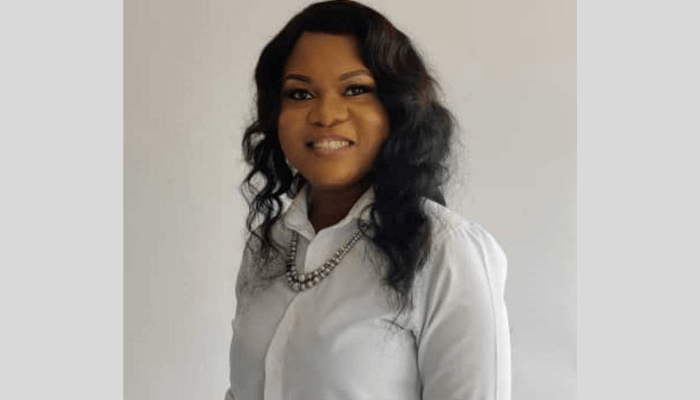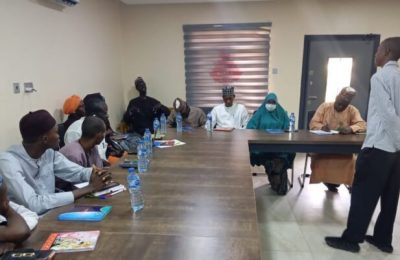By-Muhammad Sabiu, Kaduna
The Executive Director of the Hacey Health Initiative (HHI), Rhoda Robinson, has said more than 3 million girls under the age of 15 are at risk of female genital mutilation (FGM) annually in Nigeria.
This was contained in a press statement released by Hacey’s communication manager, Anne Bassey, on Wednesday to mark the end of the 3rd annual Hacey End Female Genital Mutilation in Nigeria conference.

The statement quoted Robinson as saying, “more than 3 million girls are estimated to be at risk of Female Genital Mutilation (FGM) every year, with rising cases of FGM being carried out on infants and girls under 15.
“With the looming population boom and the loss of ground that advocacy efforts have suffered because of the COVID-19 pandemic, this number may very well double within the next decade.”

According to her,” With less than a decade to go to achieve the SGD 5 target of eliminating all harmful practices, including FGM, there is an unarguable need to accelerate our efforts to end violence against women and girls.
She stated that “The event is in commemoration of the 2023 International Day of Zero Tolerance for Female Genital Mutilation and aimed at recognizing the success recorded in eradicating FGM from society and creating more awareness to do more to completely eradicate the harmful practice of FGM.
“In three years the conference has brought together dignitaries to discuss a stock-taking improvement of our interventions to ending FGM by 2030.
She said this year’s conference brings together thought leaders to the platform as we look at progress towards achieving the 2030 target, bringing to the table the discussions on protecting the rights of women and girls to live free from violence as a fundamental right”.
“Since the beginning of the StopCut Project in 2020, HACEY has continually coordinated efforts among key stakeholders and actors in high incident communities across southwest Nigeria towards ending FGM, and promoting the awareness and implementation of laws that protect women and girls.
Also speaking, Nigeria’s UN CEDAW Representative, Mme. Esther Eghobamien-Mshelia while delivering her keynote address stated that FGM is considered under the Child Right Convention, article 34 and the CEDAW Convention, article 5 as one of the gross violations of human rights, a demonstration of violence against women and a practice that needs to be eliminated.
She stated that dealing with FGM requires a coordinated approach and commended HACEY Health Initiative for its proactive response in this area.
She recommended the use of digital innovations to facilitate the reporting of FGM cases and to enhance the immediate response mechanism.
She also emphasized the importance of feminist theologians joining forces in the campaign to end FGM, particularly in unpacking the issues surrounding the intersection of FGM, culture and religion.
READ ALSO FROM NIGERIAN TRIBUNE







